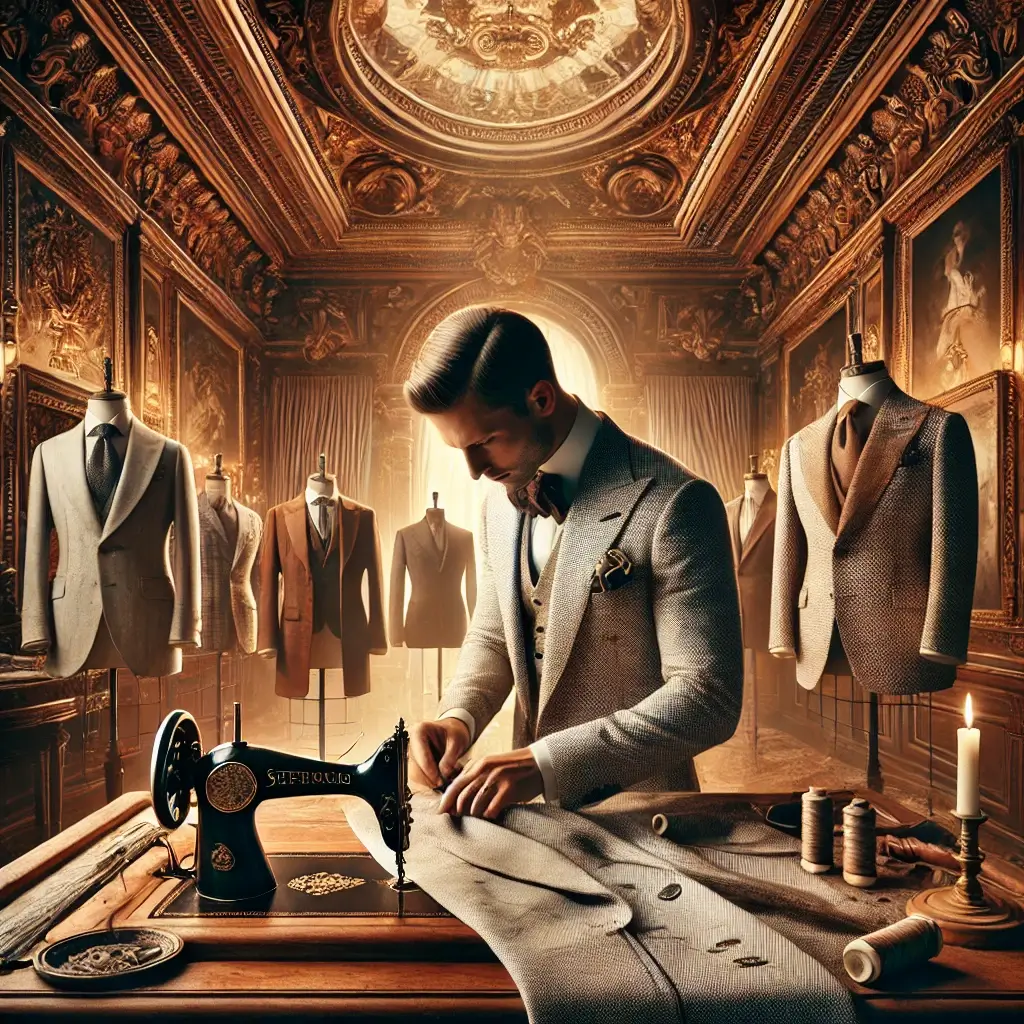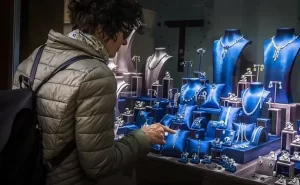Gen Z and Millennials Are More Value-Conscious Than Prior Generations
Gen Z and Millennials are embracing cheaper alternatives to luxury goods. Gen Z and millennials are increasingly preferring cheaper alternatives to luxury items, a trend fueled by several factors, including: A quest for value: Gen Z and millennials are more value-conscious than prior generations and seek high-quality products at reasonable prices.
A shift in values: Generation Z and millennials prioritize experiences above material belongings and are ready to spend money on activities and travel rather than luxury items.
The rise of social media: Social media has made it easier than ever for customers to compare prices and discover the most incredible deals, making them more aware of their purchasing decisions’ environmental and social effects.
As a result of these considerations, Gen Z and millennials are increasingly gravitating to less expensive alternatives to luxury products, such as:
Fast fashion retailers: such as H&M and Zara sell trendy items at reasonable costs.
Used clothing: There is an increasing demand for used clothing online and in physical stores.
Luxury rental services: Companies such as Rent the Runway and Le Tote allow customers to rent designer clothing and accessories for a fraction of the purchase price.
This tendency is significantly impacting the luxury goods market. Traditional luxury brands face increased competition from cheaper alternatives, forcing them to change their business models to remain competitive.
Despite their efforts, conventional luxury companies face intense competition from lower-cost competitors.
The luxury goods business is currently witnessing a dramatic shift in customer behavior, which is profoundly influencing established premium firms. With the rise of e-commerce and social media, customers are better informed and connected. As a result, they are becoming more selective in their purchase decisions and looking for lower-cost alternatives to established luxury goods.
This trend poses a substantial threat to established luxury businesses, forcing them to alter their business models to remain competitive. Many luxury firms are increasingly investing extensively in digital marketing and e-commerce to attract new customers and increase market share. They are also looking into new distribution channels, such as pop-up stores and collaborations with other companies, to broaden their reach and appeal to younger, more tech-savvy customers.
Despite their efforts, conventional luxury companies face intense competition from lower-cost competitors. Many consumers are now turning to quick fashion brands and budget luxury labels, which offer comparable products at a lower price. As a result, conventional luxury firms must reconsider their pricing strategy and provide more inexpensive solutions to remain relevant.
However, as the industry evolves and consumer demands rise, it is still being determined how conventional luxury firms will adapt and compete in the following years.
Despite these hurdles, many traditional luxury brands continue to prosper in the present market. By emphasizing quality, artistry, and exclusivity, companies can distinguish themselves from cheaper competitors and attract discerning consumers prepared to pay a premium for luxury items. However, as the industry evolves and consumer demands rise, it is still being determined how conventional luxury firms will adapt and compete in the following years.
Luxury brands are evolving in various ways, including:
Offering more inexpensive products: Many luxury labels now provide more affordable items like diffusion lines and accessories.
Luxury firms: are working with mass-market stores to reach a larger audience.
Embracing e-commerce: Luxury firms increasingly offer products online to reach a wider audience.
Luxury firms increasingly focus on giving their clients unique experiences, such as exclusive events and VIP access.
It remains to be seen how this tendency will develop in the long term. However, Generation Z and millennials are less interested in traditional luxury products than prior generations, significantly impacting the sector.













